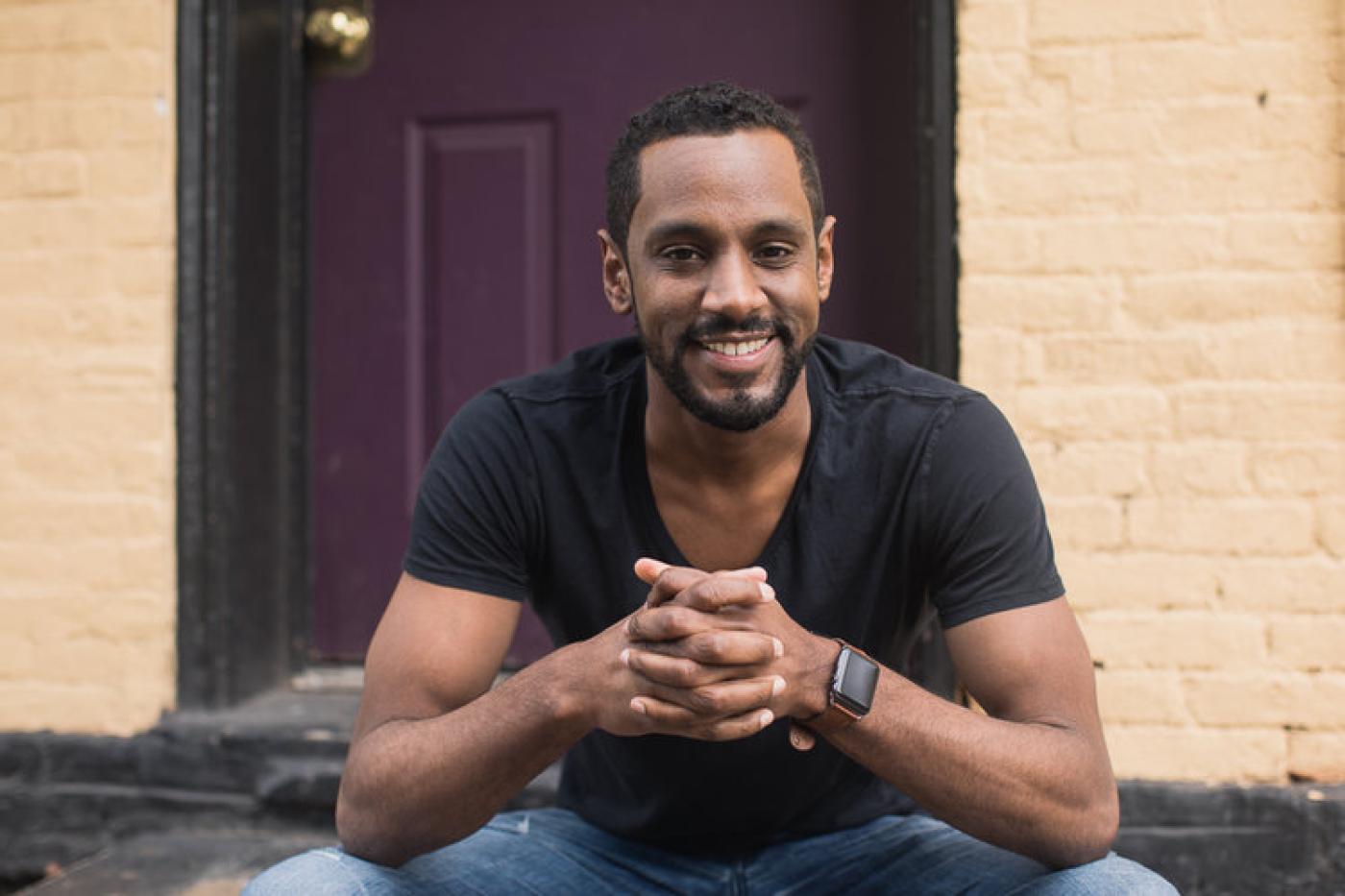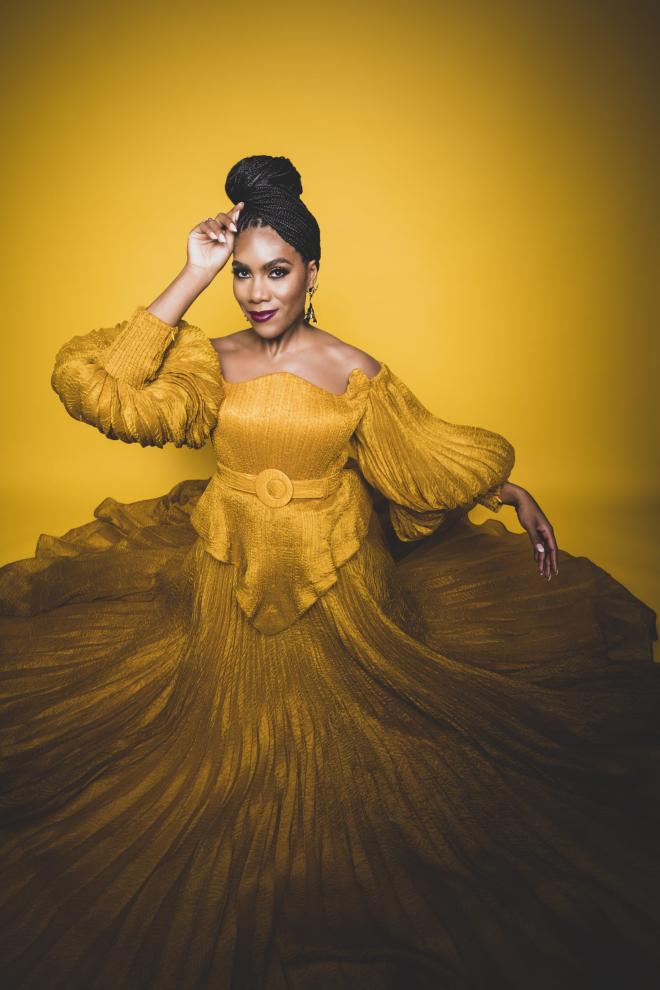The Garden: “Your grief can be the garden of compassion...”
Burning Hell: “I plant some flowers without you—they become thorns...”
Dance: “Dance when you’re broken...admit the finite. Praise the Infinite...”
We Are All the Same: “... longing to find our way back...”
These are excerpts from the four poems by 13th-century Persian poet and mystic Jalāl al-Dīn Muḥammad Rūmī that inspired Kennedy Center Composer-in-Residence Carlos Simon to write Songs of Separation.(the poems are translated by Coleman Barks). Carlos wrote the 4-movement piece, an NSO commission, for mezzo-soprano J’Nai Bridges. It will have its world premiere April 21 at the Kennedy Center with Gianandrea Noseda conducting. As you can see from the fragments of the poems I quoted, the words are singularly beautiful, and perfectly match the rich, wide-ranging voice of J’Nai Bridges. Carlos Simon was kind enough to go into more depth about his profoundly moving work.
Nicole Lacroix: A silver lining to the horrors of the pandemic is that the enforced isolation seems to have given many artists the time to deepen their creativity. Did you have this experience in creating Songs of Separation?
Carlos Simon: The pandemic was a very difficult time for a lot of people. It was a time of tremendous loss and even separation from the rituals we all experienced before the shutdown. Songs of Separation comes out of this reflection of seeing so much struggle and suffering, and me wanting to help others through it through music.
NL: What led you to choose these 4 poems by Rūmī ? They are universal, powerful and hopeful, even consoling. How did you decide on the order of the poems?
CS: I’ve always wanted to set the poetry of Rumi because of how timeless the work is. We all, as humans, experience separation in a variety of forms. Whether it be through the death of a loved one, a break-up, a divorce or a permanent relocation from family and friends, a parting of ways is a part of life for us all. To illustrate this musically, I chose to use the words of the 13th century Persian poet, Jalāl al-Dīn Muḥammad Rūmī to convey this inevitable human experience. Each of the four movements depict moments of grief, sorrow as well hope and encouragement. Rūmī reminds us through his words that “What hurts you, also blesses you”.
NL: This song cycle was written for mezzo-soprano J’Nai Bridges. I once heard her say that growing up in the Black church is a superb musical foundation because it can make you at home in many different genres, from classical to jazz. It makes for a versatile musician. You’ve collaborated before, so you were familiar with her artistry. How did you write the music to highlight her rich and wide-ranging voice?
CS: J’Nai is special. She has a wide range as a mezzo-soprano, but more deeply is the feeling and soul that she brings to her artistry. It’s inexplicable. She is not only a master at her craft but understands her gift of music as a tool for helping others. So when I started writing this piece, we both agreed that it should be something that people could find some connection and meaning for their lives.
NL: Tell us about the orchestration?
CS: Ultimately the orchestration is built around J’Nai’s voice, but I wanted to use the orchestra to paint the text and to highlight the moments of grief, sorrow as well as hope and encouragement.
NL: What do you hope listeners will experience from Songs of Separation?
CS: The final movement has these words:
We are all the same, all the same,
Longing to find our way back;
Back to the one, back to the only one.
I hope that listeners find themselves in the music and can connect with it on an emotional level by realizing that we are all the same. Everyone has or will experience separation at some point in their lives, but there is hope.
Songs of Separation by Carlos Simon will have its world premiere in a National Symphony Orchestra concert inspired by the written word. The program also features Grieg’s Peer Gynt Suite No.1, Tchaikovsky’s Romeo and Juliet, and Berio’s Folk Songs. Friday, Saturday and Sunday, April 21-23 at the Kennedy Center Concert Hall. Gianandrea Noseda conducts.
PBS PASSPORT
Stream tens of thousands of hours of your PBS and local favorites with WETA+ and PBS Passport whenever and wherever you want. Catch up on a single episode or binge-watch full seasons before they air on TV.

